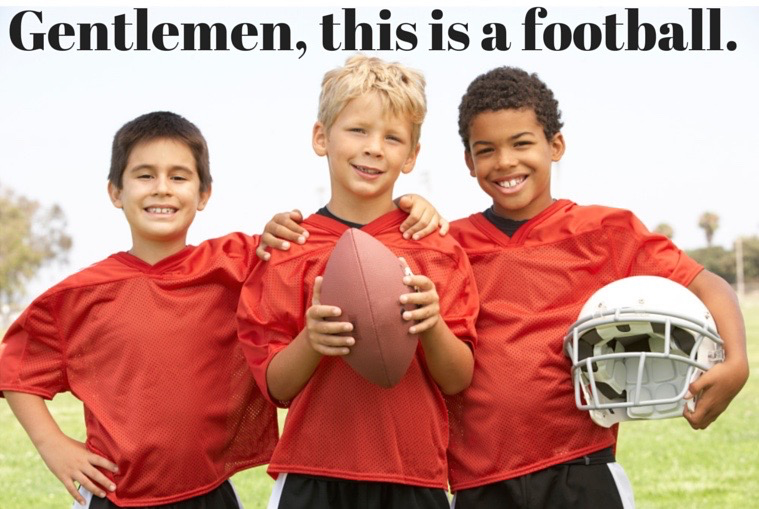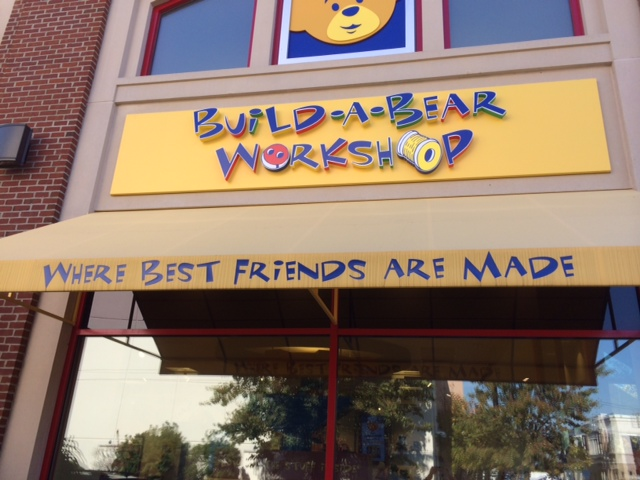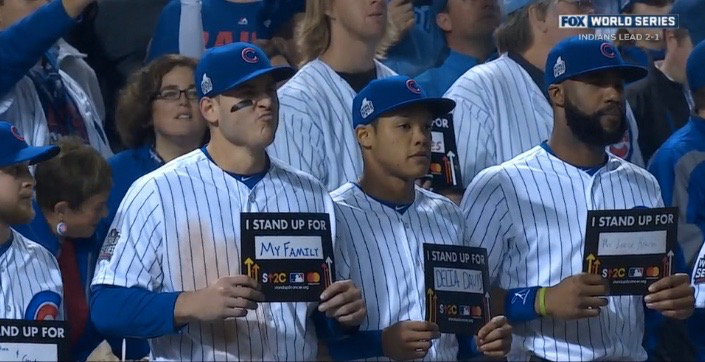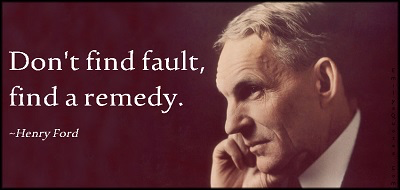The start of a new year is a great time to prioritize the things that make the biggest impact on your station’s growth and success. Major in the majors, as they say. The more advanced your station the more you can go beyond the basics to the more complicated concepts such a developing a meaningful brand and connecting emotionally.
But at its core programming is a relatively simple process. Legendary football coach Vince Lombardi put such emphasis on the basics that he is famous for starting every training camp with these five words,

In my other life I do some baseball announcing for spring training in Florida. It is there that I see practice drills that resemble more little league than big league. Many times during the regular season a critical moment in a game will come down to “something they practice every day in spring training.”
Someone said “Spring training is like the movie Groundhog Day … you keep doing it until you get it right … then you do it again.”
Just as with sports, radio programming has its basics. They are:
- Play the music your listeners love.
- Talk about things they are interested in.
- Don’t waste their time.
I can tune to an under-performing radio station and within thirty minutes I’ll hear at least one of these basics executed poorly or not at all.
But that’s the past. Now it’s a new year and we have a clean slate. What’s say we start the year by getting these three things right, then we can go to work on the more complicated stuff!









